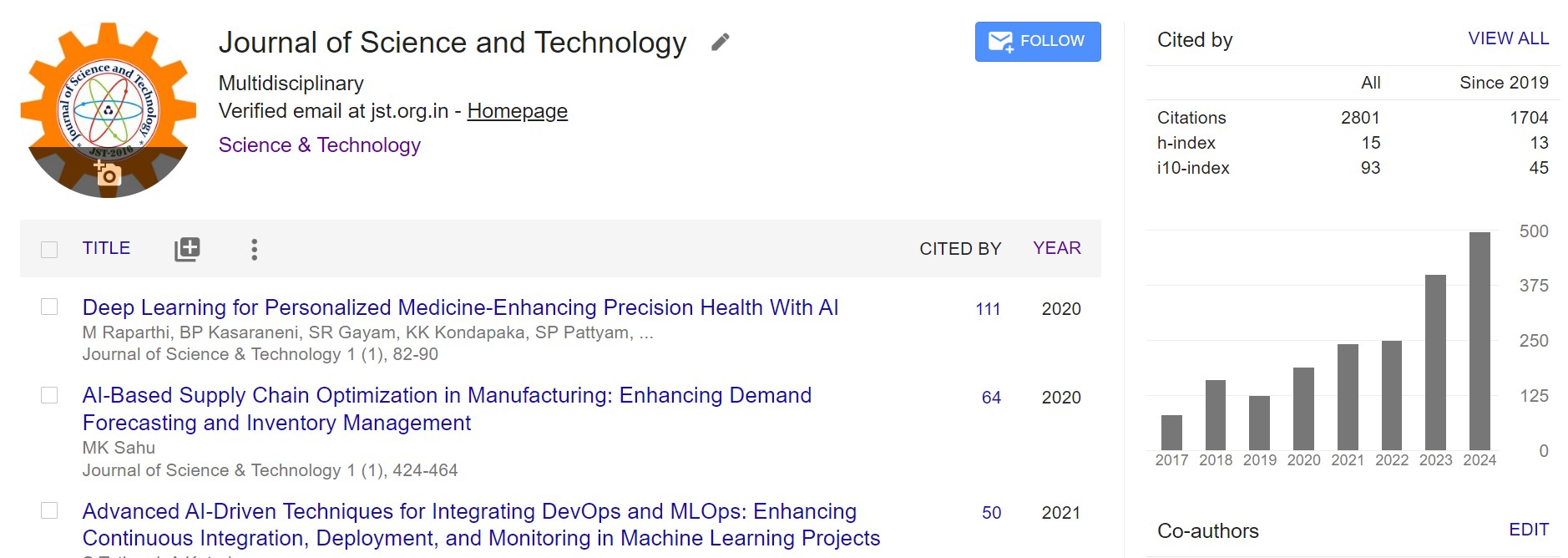AI-Driven Intelligent CRM Framework: Cloud-Based Solutions for Customer Management, Feedback Evaluation, and Inquiry Automation in Telecom and Banking
Keywords:
AI, CRM, cloud computing, automation,, feedback, customer satisfaction.Abstract
Background Information: In the evolving digital landscape, integrating AI into Customer
Relationship Management (CRM) systems transforms industries like banking and telecom.
Traditional CRM systems struggle with scalability, efficiency, and customer service
challenges, necessitating advanced, automated solutions to meet increasing customer
expectations.
Objectives: This study explores the effectiveness of AI-driven, cloud-based CRM frameworks
in enhancing customer management, feedback evaluation, and inquiry automation within the
telecom and banking industries, driving improved customer service and operational efficiency. Methods: Using a comprehensive AI-driven CRM framework, we combined cloud computing,
machine learning, and automation technologies to analyze customer interactions. Key
performance metrics, such as response time, feedback accuracy, and customer satisfaction,
were measured and compared with industry benchmarks.
Results: The framework significantly improved response times, enhanced feedback evaluation
accuracy by 14%, and increased automation efficiency by 23%, showcasing its transformative
potential for customer service.
Conclusion: AI-driven CRM systems provide scalable, efficient solutions for managing
customer relationships in banking and telecom. Integrating AI and cloud technologies enhances
automation, decision-making, and customer satisfaction, which is essential for business growth
in competitive industries.






















